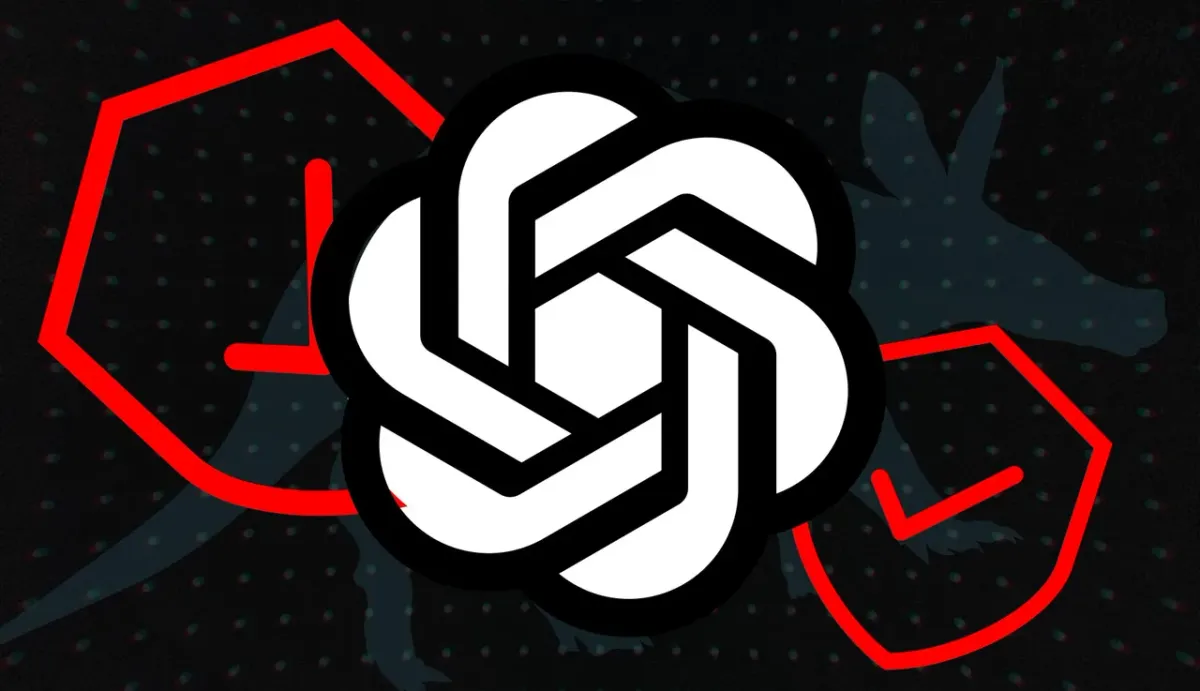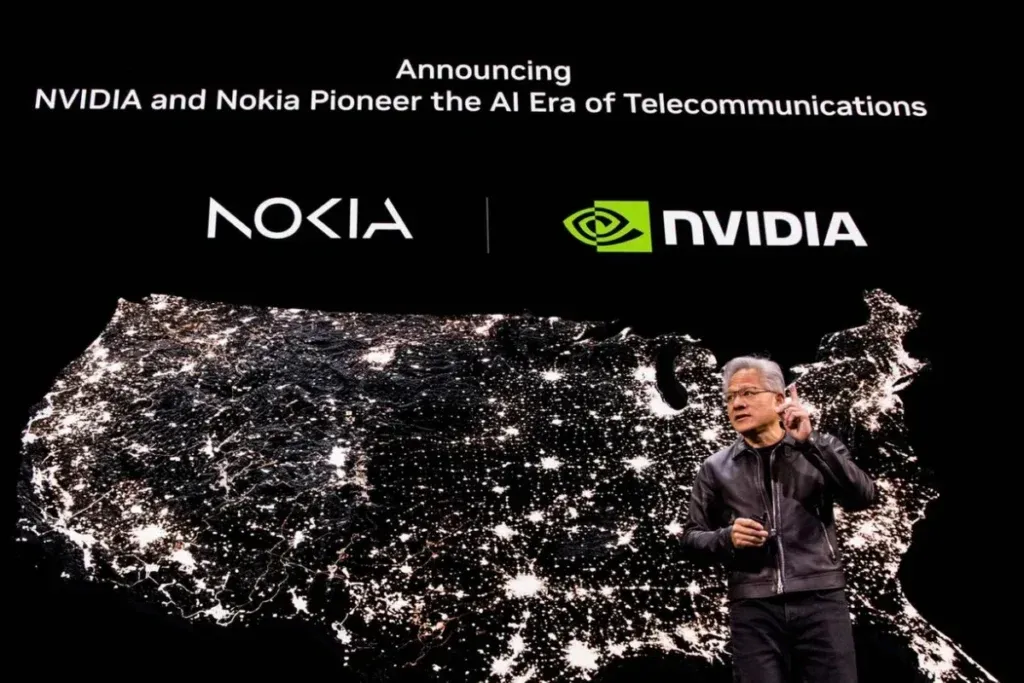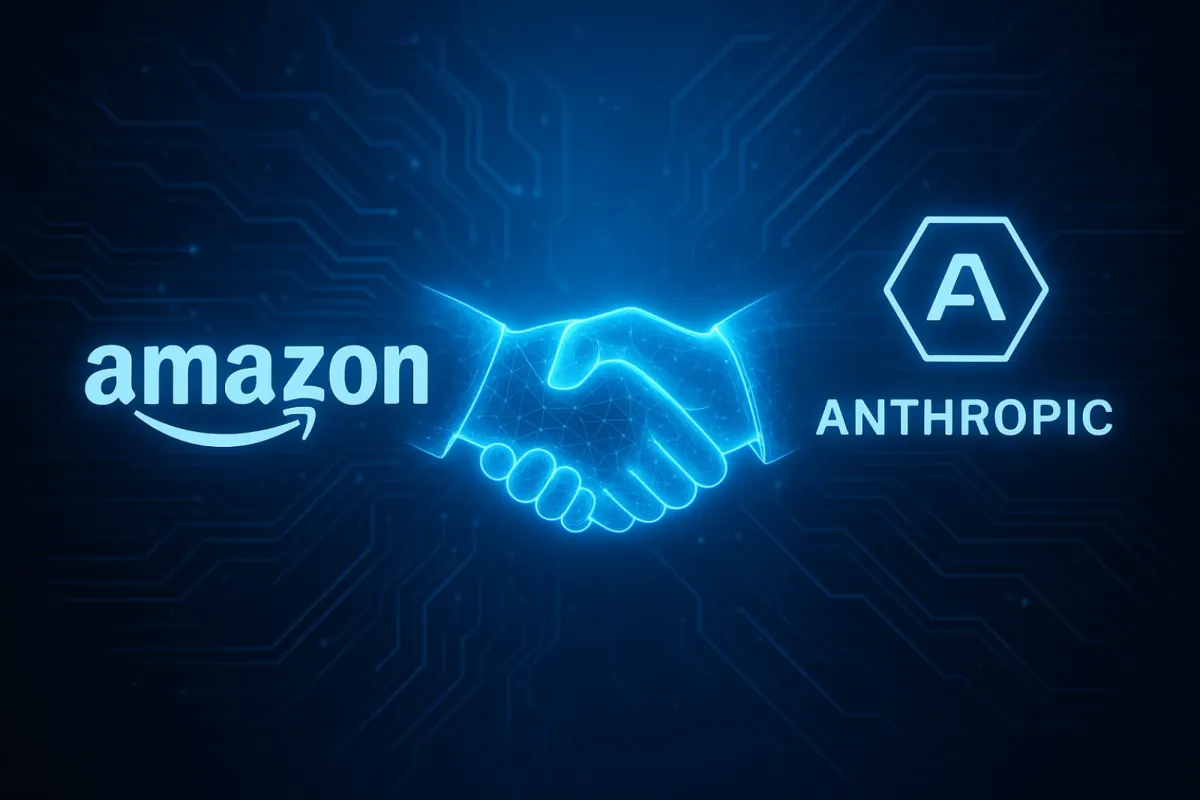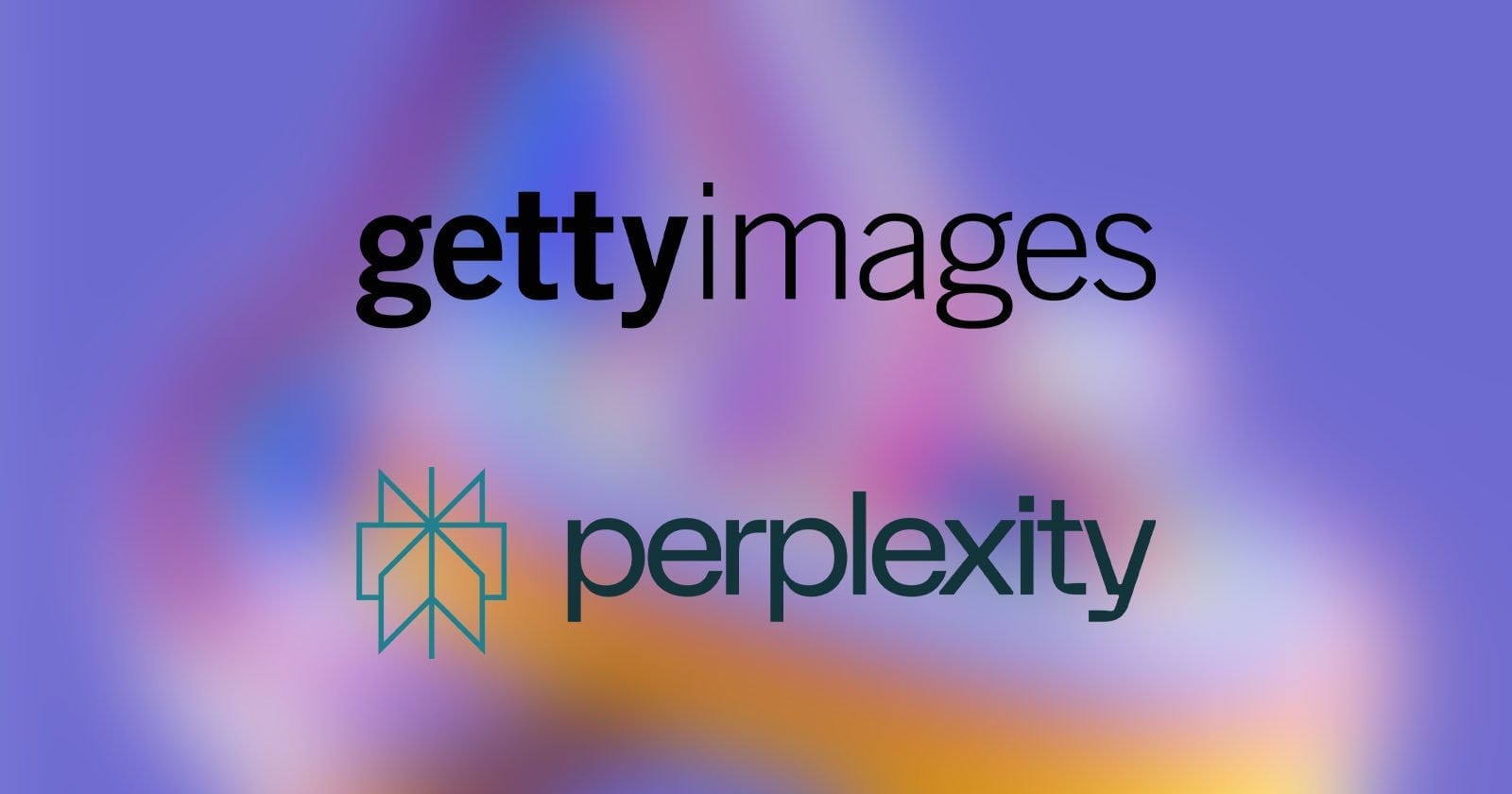This partnership signifies a significant change in how AI companies handle content licensing. It addresses the ongoing issue of unattributed or misattributed visual content in AI-generated responses an industry-wide problem since the introduction of generative AI tools. By incorporating Getty's vast library of works from over 600,000 contributors into its platform, Perplexity becomes the first AI search tool to consistently provide accurate attributions in its results.
This partnership has the potential to improve the legal and ethical use of images in AI-powered search and chatbots. It sets an example for how AI companies can balance innovation with intellectual property rights, providing a guide for responsible AI development at a time when source credibility is increasingly important.
Understanding the Challenges in AI Source Attribution
The AI industry is currently facing a credibility crisis that poses a threat to the trustworthiness of artificial intelligence tools. A recent study revealed that 50% of responses from four major AI systems contained inaccuracies or significant issues, highlighting the urgent need for better AI source attribution and verification mechanisms.
The "Wild West" Era of AI
Before partnerships like the Perplexity-Getty agreement, AI companies operated in what many describe as a "Wild West" environment. They scraped images, text, and data from across the internet without proper licensing or attribution. This approach created several critical problems :
- Rampant misinformation (AI-generated false information) spreading through AI-generated responses
- Lack of accountability when AI systems produced false or misleading content
- Copyright violations that exposed both AI companies and users to legal risks
- Erosion of creator rights as their work fueled AI models without compensation or credit
The Dangers of Inaccurate Source Attribution
The AI misinformation problem extends beyond simple factual errors. When AI systems generate or display visual content without proper source attribution, you can't verify authenticity or context. This creates a dangerous scenario where manipulated images, outdated information, or completely fabricated visuals spread as credible content.
The Importance of Traceability and Credibility in AI
Traceability and credibility form the foundation of trustworthy AI systems. You need to know where information comes from, who created it, and whether it's been properly licensed. Without these safeguards, AI tools become unreliable sources that damage their own utility. The accuracy of AI data depends entirely on transparent sourcing and proper attribution mechanisms that allow users to verify the information they receive.
Legal Consequences of Inadequate Source Attribution
This accountability gap has prompted lawsuits against multiple AI companies, including Perplexity itself, from publishers like Nikkei and Asahi Shimbun who found their content used without authorization.

Exploring the Details of the Perplexity-Getty Partnership
The Perplexity Getty partnership centers on a comprehensive global multi-year licensing agreement that grants Perplexity unprecedented access to Getty's premium visual library. This licensing framework allows the AI search platform to integrate high-quality creative and editorial images directly into its search results and chatbot responses. You'll find that this agreement represents a structured approach to Getty licensed content, moving away from the ambiguous data practices that previously dominated the AI landscape.
How the Partnership Works
The partnership operates through Getty's API, providing Perplexity with a technical gateway to an extensive catalog that includes :
- Over 600,000 contributors' works
- Comprehensive coverage of thousands of global events annually
- Both creative and editorial imagery spanning diverse subjects and industries
- Professional-grade visuals that meet strict quality standards
The Importance of Source Credits and Attribution Links
What sets this collaboration apart is the mandatory integration of source credits and attribution links. Every image displayed through Perplexity's platform now includes visible credit information and direct links back to Getty Images. This mechanism serves dual purposes : it ensures legal compliance for image usage while providing users with transparent information about content origins.
The Role of API Integration in Image Retrieval
The Getty Images API integration creates a seamless workflow where Perplexity can query, retrieve, and display images while automatically embedding attribution data. You're essentially seeing a system where the technical infrastructure itself enforces proper crediting practices. This automated attribution process eliminates the manual overhead that often leads to missing or incomplete source information in AI-generated content.
Defining Usage Parameters for Licensed Images
The agreement also establishes clear parameters around how these licensed images can be used within Perplexity's AI-powered search environment, creating a blueprint for responsible AI content integration.
Enhancing AI Image Search Accuracy and Attribution with the Partnership
The integration of Getty's licensed content into Perplexity's platform transforms how users interact with visual information in AI-powered search environments. When you search for images through Perplexity now, each result displays clear attribution details including the photographer's name, Getty Images credit, and a direct link to the original source. This level of transparency in image search results addresses the fundamental trust gap that has plagued AI-generated content.
Tackling Misinformation at Its Root
The partnership tackles misinformation at its root by establishing a verifiable chain of custody for visual content. You can trace each image back to its licensed source, eliminating the ambiguity that often surrounds AI-generated or scraped imagery. This traceability of information proves particularly valuable when you're researching current events or fact-checking claims, as the direct connection to Getty's editorial archives provides context and credibility.
Leading the Way in Image Attribution
Perplexity distinguishes itself as the first AI search platform to systematically implement comprehensive image citation across its entire visual search infrastructure. While other AI tools have faced criticism for presenting images without proper attribution, Perplexity's approach ensures every visual element carries its provenance. You see the creator's name, the licensing terms, and the original publication details information that was previously absent from most AI chatbot responses.
Redefining Reliability in AI-Generated Search Results
This systematic attribution framework doesn't just satisfy legal requirements; it fundamentally changes how you evaluate the reliability of AI-generated search results. The visible credits serve as quality indicators, helping you distinguish between professionally sourced content and potentially unreliable imagery that other platforms might display without context.

Legal, Intellectual Property Implications, and Beyond : Patent Search Tool & Email Integration
The partnership arrives at a critical moment for AI companies facing mounting legal pressure. Perplexity has been dealing with complaints from major publishers including Nikkei and Asahi Shimbun, while Getty Images itself previously sued Stability AI for unauthorized image use. These copyright violation cases highlight the urgent need for proper licensing frameworks in the AI industry.
Licensing agreements like this one serve as protective shields for Getty's intellectual property while generative AI continues its rapid expansion. You're witnessing a fundamental shift in how AI companies access training data and display content. The agreement establishes clear boundaries and compensation structures that respect creator rights while enabling AI innovation.
Perplexity has expanded its commitment to proper attribution beyond images. The company launched Perplexity Patents, an AI-powered natural language patent search engine that links directly to relevant documents for verification. You can now search patent databases using conversational queries while maintaining full traceability to source materials.
The attribution system extends into your daily workflow through email integration capabilities. Perplexity's assistant now works seamlessly with Gmail and Outlook through dedicated connectors. When you receive AI-generated content or search results in your inbox, you'll see visible attributions and source links embedded directly in the message. This integration ensures you can verify information origins without leaving your email client.
These technical implementations demonstrate how proper attribution can be woven into multiple touchpoints of AI-assisted work. You're not just getting better search results, you're getting transparent, traceable information across platforms you use every day.

Industry Impact, Future Outlook for AI Content Attribution, And The Way Forward With The Partnership For Ethical Artificial Intelligence Development
The Perplexity-Getty partnership represents a pivotal moment in the evolution of copyright law in the AI market. We're witnessing a fundamental transformation in how AI companies approach content licensing. This agreement demonstrates that the era of unregulated data scraping is ending, replaced by structured commercial relationships that respect intellectual property rights.
The ripple effects across the AI industry are already becoming apparent. OpenAI, Anthropic, and other major players are now actively negotiating licensing deals with content providers. You can expect this trend to accelerate as companies recognize that proactive licensing agreements offer better protection against costly litigation than reactive legal defenses.
The partnership establishes a viable business model where AI companies gain legitimate access to high-quality content while content owners receive fair compensation.
Creators stand to benefit significantly from this new paradigm :
- Direct attribution links drive traffic back to original sources
- Licensing fees create sustainable revenue streams for photographers and visual artists
- Professional-grade AI tools expand market reach for creative work
- Transparent crediting systems build stronger connections between creators and audiences
The Perplexity-Getty partnership : A solution to the problem of AI source attribution ? question extends beyond simple yes or no answers. This collaboration establishes a framework that other industries can adapt. You're seeing the blueprint for how AI companies can ethically integrate third-party content while maintaining innovation velocity.
The partnership's success will likely determine whether voluntary licensing becomes industry standard or whether stricter government regulations force compliance. Content providers now recognize their catalogs as valuable strategic assets in the AI economy, fundamentally shifting negotiation dynamics between tech companies and rights holders.
Conclusion
The Perplexity-Getty Images partnership represents a critical turning point in how AI companies approach content sourcing and attribution. Throughout this article, we've explored how this collaboration addresses significant issues such as the 50% inaccuracy rate affecting AI responses and the copyright lawsuits that pose a threat to the industry's future.
This agreement proves that AI innovation and intellectual property protection can coexist. You don't have to choose between powerful AI tools and ethical content usage. Perplexity's decision to license Getty's vast catalog of over 600,000 contributors' works shows you what responsible AI development looks like in practice.
The ripple effects extend beyond these two companies. When you consider the complaints from Nikkei, Asahi Shimbun, and Reddit against Perplexity, or Getty's lawsuit against Stability AI, you realize the stakes are high. The "Wild West" era of AI training data is ending, and partnerships like this one set the standard for what comes next.
You're witnessing the foundation being laid for a more transparent, accountable AI ecosystem. The integration of source credits, patent search tools, and email compatibility features demonstrates that attribution isn't just legally necessary, it's technically achievable. The question now isn't whether AI companies can provide proper attribution, but whether they will follow Perplexity's lead.
FAQs (Frequently Asked Questions)
What is the significance of the Perplexity-Getty partnership in AI source attribution ?
The Perplexity-Getty multi-year license partnership addresses key challenges in AI source attribution by enabling legal and ethical use of high-quality images within AI-powered search and chatbots, thereby enhancing traceability and credibility of AI-generated content.
How does the partnership improve accuracy and reduce misinformation in AI image search ?
By integrating Getty's licensed images with clear source credits and links via API, the partnership enhances image display quality, ensures proper attribution, and directly links visuals to trusted sources, significantly reducing misinformation and data inaccuracies in AI responses.
What are the legal and intellectual property implications of the Perplexity-Getty agreement ?
The partnership helps address ongoing copyright infringement lawsuits against AI companies by securing licensing agreements that protect Getty’s intellectual property rights amid generative AI expansion, promoting compliance with copyright laws through authorized content usage.
How does the Perplexity-Getty collaboration enhance AI tools beyond image search ?
Beyond image search, the partnership has enabled the launch of Perplexity Patents, an AI-based natural language patent search engine linking relevant documents for verification, and integration with Gmail and Outlook connectors that improve information traceability via visible attributions in emails and searches.
What impact does this partnership have on the future of ethical artificial intelligence development ?
This collaboration signals a shift towards regulated use of licensed content in generative AI models, encouraging other AI companies to pursue similar licensing deals. It fosters better crediting mechanisms for creators, opens new revenue streams, and shapes a future landscape centered on ethical AI development.
Why is source attribution important in combating misinformation within AI-generated content ?
Source attribution ensures traceability and credibility by linking AI-generated visual content to verified licensed sources. This combats misinformation caused by inaccurate or unverified data highlighted by studies showing up to 50% inaccuracies thus fostering user trust and legal compliance.




